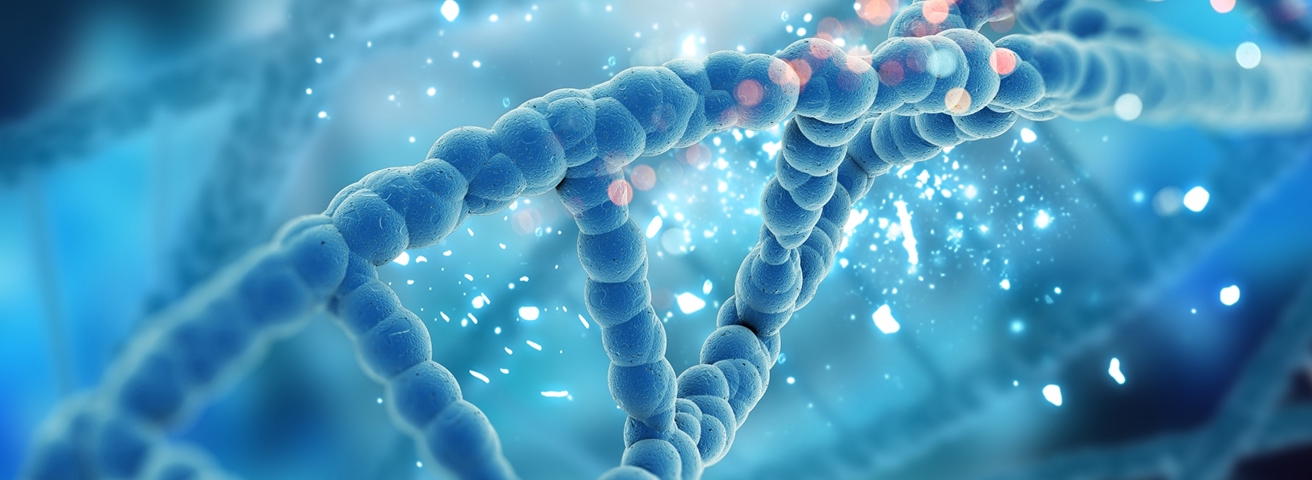Imagine trying to study a single page from a massive book, but you only have a tiny, faded snippet. That's the challenge scientists faced with DNA until the Polymerase Chain Reaction (PCR) came along. PCR is one of the most transformative techniques in modern biology. It is like a high-speed photocopier for DNA, allowing scientists to amplify specific segments to produce millions of copies for analysis. Since its invention in 1983 by Kary Mullis, PCR has revolutionized fields from microbiology, genetics, forensics, and more, becoming a cornerstone and an indispensable tool of modern science.
The science behind the magic molecular copy machine
Overview of PCR cycle (Polymerase Chain Reaction (PCR), 2025)
PCR is a laboratory technique used to amplify specific segments of DNA through a series of temperature-controlled cycles that mimic DNA replication in cells. At its core, PCR allows researchers to make millions or even billions of copies of a particular DNA sequence from just a single or few starting molecules in a PCR test tube (in-vitro) using a machine called a thermal cycler.
This is how a thermal cycler looks like. The PCR mixture would contain DNA, primers, nucleotides, Taq polymerase, and the mix buffer. These would then be added into a PCR tube and then placed in the thermal cycler for PCR to take place. Omitting any ONE of the reagents will not produce the desired results (i.e. No amplification will transpire)
The PCR cycle
Denaturation : DNA heated to 94 - 98 °C, and melts into single strands
Annealing : Temperature drops to 50 - 65 °C, primers (short DNA pieces) bind to complementary sequences on single-stranded DNA
Extension : At approximately 72 °C, a heat-stable enzyme called Taq polymerase (from the bacterium Thermus aquaticus) kicks in to extend primers to synthesize new DNA strands.
The PCR cycle is repeated 20 - 40 times, doubling the target DNA each cycle and leading to an exponential amplification (2n) where n denotes the number of cycles (Khehra et al., 2023).
References
Khehra, N., Padda, I. S., & Swift, C. J. (2023, March 6). Polymerase chain Reaction (PCR). StatPearls - NCBI Bookshelf. https://www.ncbi.nlm.nih.gov/books/NBK589663/
Polymerase Chain Reaction (PCR). (2025, June 2). National Human Genome Research Institute. https://www.genome.gov/genetics-glossary/Polymerase-Chain-Reaction-PCR

